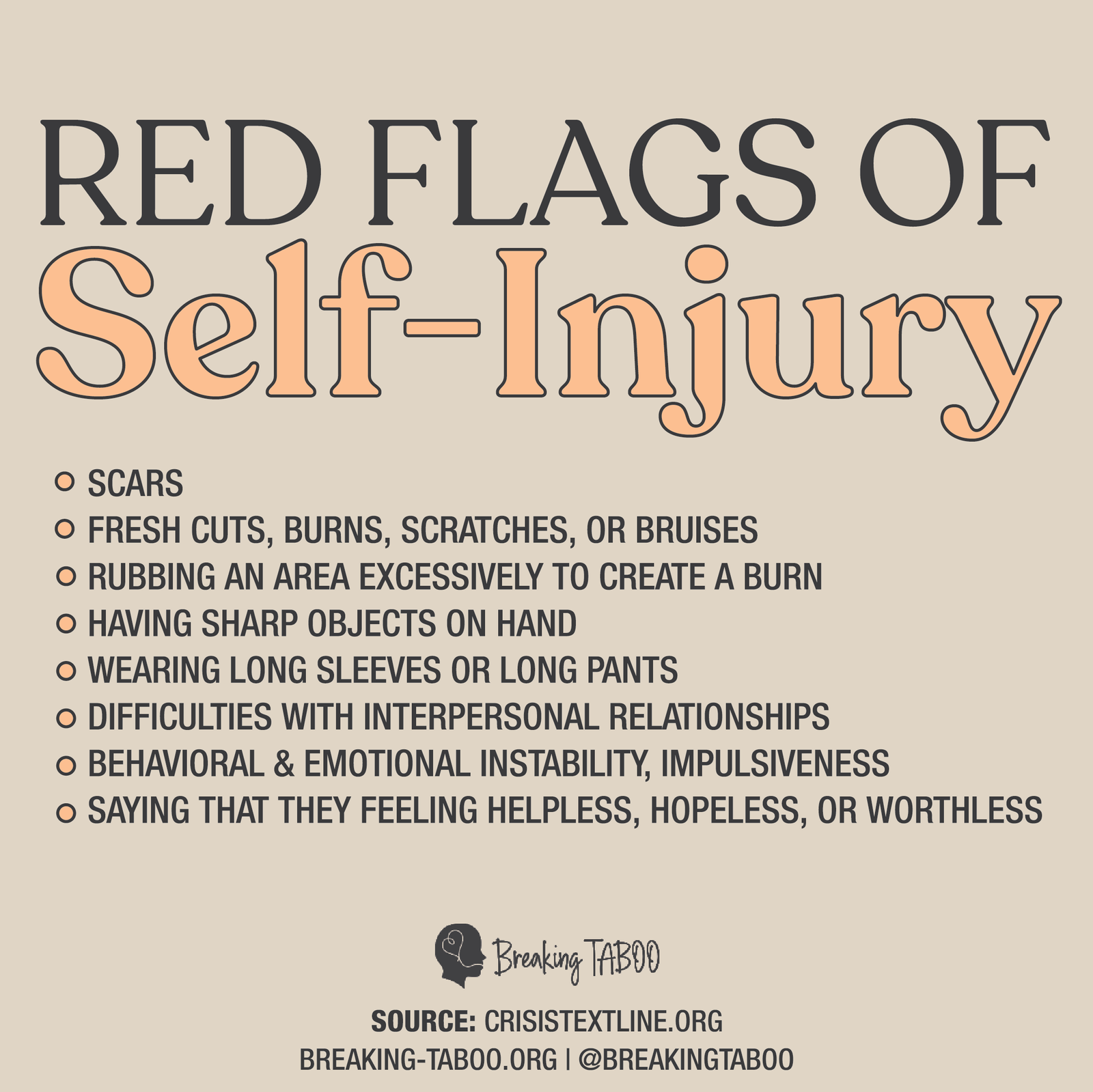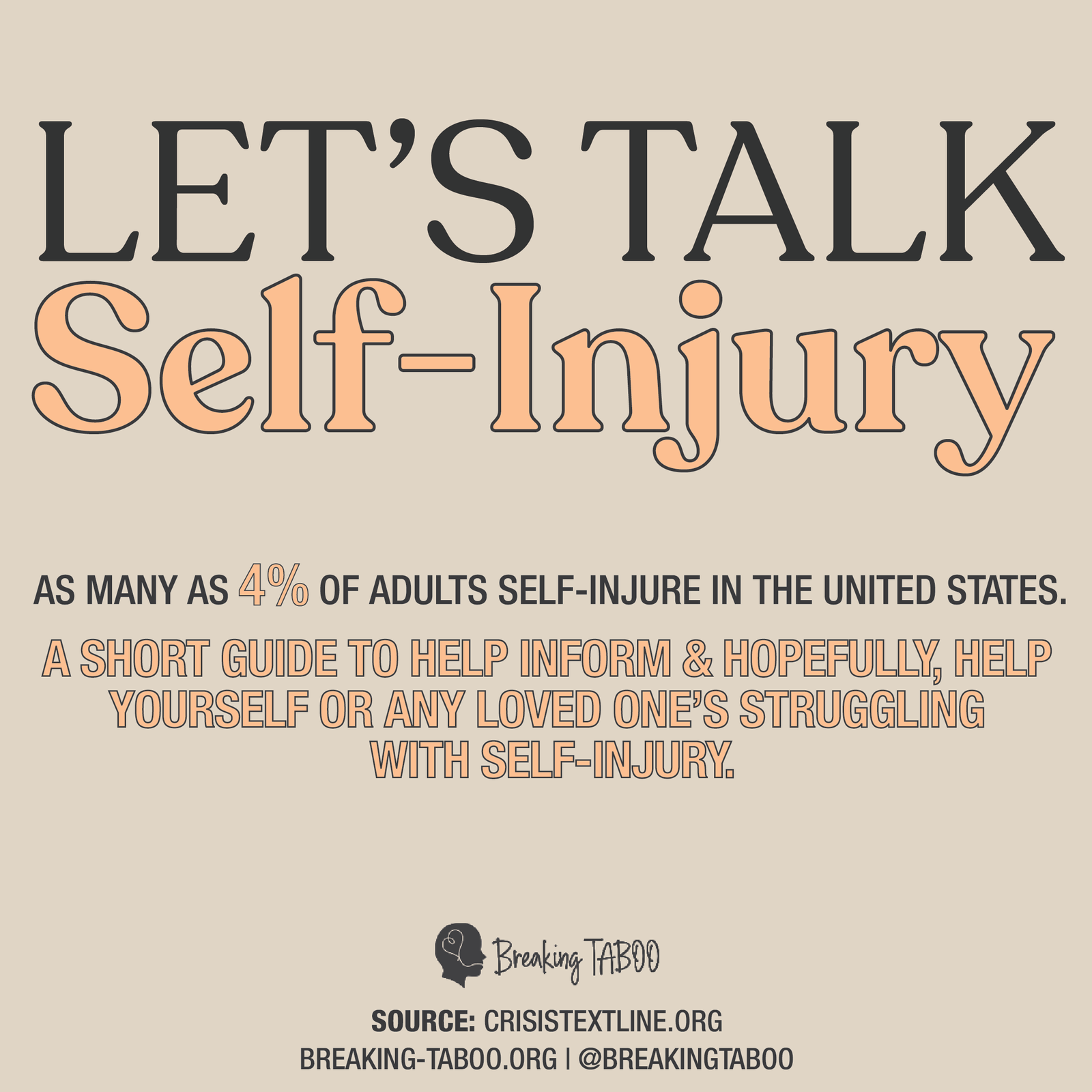Meet Carla-Rose Smith, a prime example of someone who has been at their lowest of lows and was still able to crawl out of the misery and gain happiness within herself again. Here, she shares her insights about her personal struggle with anxiety and depression, and provides great tips and encouraging words of how she overcame her mental illness to take control of her life again.
1. What was it like dealing with mental illness at such a young age?
I wouldn’t say I was ‘dealing’ with mental health at a young age, as I very much wasn’t and didn’t know how to deal with it. I was unaware that I had mental health issues, I sort of just assumed this was life and how people felt. It definitely took a long time to realise I had depression and anxiety. When I did begin to realise something was really wrong, it was horrible, I still didn’t fully understand what was going on with me and had absolutely no idea how to get help or what to do with myself, I had no one I felt I could talk too and my school life was crumbling, a lot of my friendships had completely gone down the drain, and looking back, those years were not happy years for me, I have very low and sad memories, instead of the fun memories of the last years of school lots of people seem to have.
2. What was it like feeling like a statistic at your first doctor appointment? How many people do you think feels like that in today's society?
Feeling like a statistic at the Doctors has happened to me time and time again, or just a ‘time slot’ I see it more often as. This trip to the doctors took me YEARS to work up to, and I was so hopeful that this could be a big life changer for me… it was the complete opposite, it made me feel even more alone, out of the ordinary, like I wasn’t normal. It was horrible, and it made me take 5 steps back, and many more years until I ventured to get help again. I’m very aware that this happens every day to people. Doctors don’t have enough of an understanding or training about mental health, leading to us feeling like we are a time slot, a statistic, that we don’t want to reach out for help again.
3. If you could go back in time and talk to yourself when you were at your lowest point, what would you say?
If I could talk to myself when I was at my very lowest, I’d give myself a huuuuuge hug, as that’s what I really needed. Then I’d say to myself that it’s time to get help, that this unfortunately isn’t going to go away by itself, and unless I put all of my effort and willpower into getting help, it will only get worse. I’d tell myself I need to find someone to talk to, because keeping all of this inside and trying to be this strong by myself is becoming overwhelming. I’d tell myself to go and get my mum, sit her down and spill out everything that I need to, to cry and tell her you really need to get help, and, of course, I’d tell myself how amazing I am for coming this far, going through what I’ve gone through would break a lot of people but I have persevered, and because of this, life will get better. 🙂
4. What do you think needs to be done about how mental illness is portrayed in today's society?
The only thing we can continue to do to help how M.I is portrayed in society is to keep talking about it. I truly believe this is how we can create a bigger conversation, thus educating more people, and helping more people understand themselves.
5. If you could say something to someone who is going through things you've been through, what would you say?
I’d tell them to get help, to not stop trying everything they can to help their mental health. That it’s going to be a long, very difficult road, and it will probably never be an easy journey, the ups and downs will inevitably continue, but to try and be patient, try therapy, yoga, mindfulness, a new hobby, journaling, exercise, medication, take time and try everything that might make a difference. Continue to be strong, don’t hold it all in, making sure you have someone to talk to is the most important thing.
6. How has learning coping techniques helped you throughout this journey?
Coping techniques have saved my life, not just helped my journey. In the last year or so I have decided that I will dedicate my life to my mental wellbeing. Learning how to make myself the best version of myself, and my mind the happiest version of itself is my number 1 priority and passion. I will carry on learning coping techniques for the rest of my life. They start as a coping technique – eg. my vlogging and instagramming, yoga, cross stitching, and they become a hobby, and a passion, things that I now could not live without!
7. What are some coping techniques that you believe more people should know about and learn?
Everything that I popped in question 5!
8. How different is outlook from years ago to today? How much has your mindset changed?
My mindset has completely changed, I have been to both ends of the line, I have wanted to end my life as I felt I had nothing to live for, I have wanted to lock myself away because the anxiety and paranoia was too much to handle, I felt alone, that everyone hated me, that I had no one.
Nowadays I am grateful for my wonderful friends and family, my support network, my ability to speak out and to help others. Some days, yes, are still so hard, but some days I have fun, I laugh, I explore, and I end the day grateful that I am alive – a feeling that I didn’t have for so many years, and truly never thought I would feel again.
Your situation can change, through hard work and perseverance. I am one of the lucky ones that have felt this change first hand, and I am so grateful for that!
9. How has mindfulness helped you?
Mindfulness has mostly helped my anxiety, I am one of these people with the busiest brains, it doesn’t stop, and before practising mindfulness I didn’t realise that your mind could be quiet! I honestly just thought thats what minds do, chatter, go round and round, think and think. I didn’t realise how much it would impact my anxiety. To learn how to take a step back and let your thoughts just drift in and out, instead of going into every thought you have, is wonderful. To learn how to be in the moment, to realise your surroundings, to be in a conversation truly, to be able to let an anxious thought drift away – is amazing!
10. If you could give advice to young children going through mental illness, what would you say?
I’d give them a huge hug, and tell them that even though they feel like they aren’t normal, and are the only ones going through this, that actually there are so many people going through very similar things to them, that it is completely normal, and that they should feel comfortable to speak out about it.




